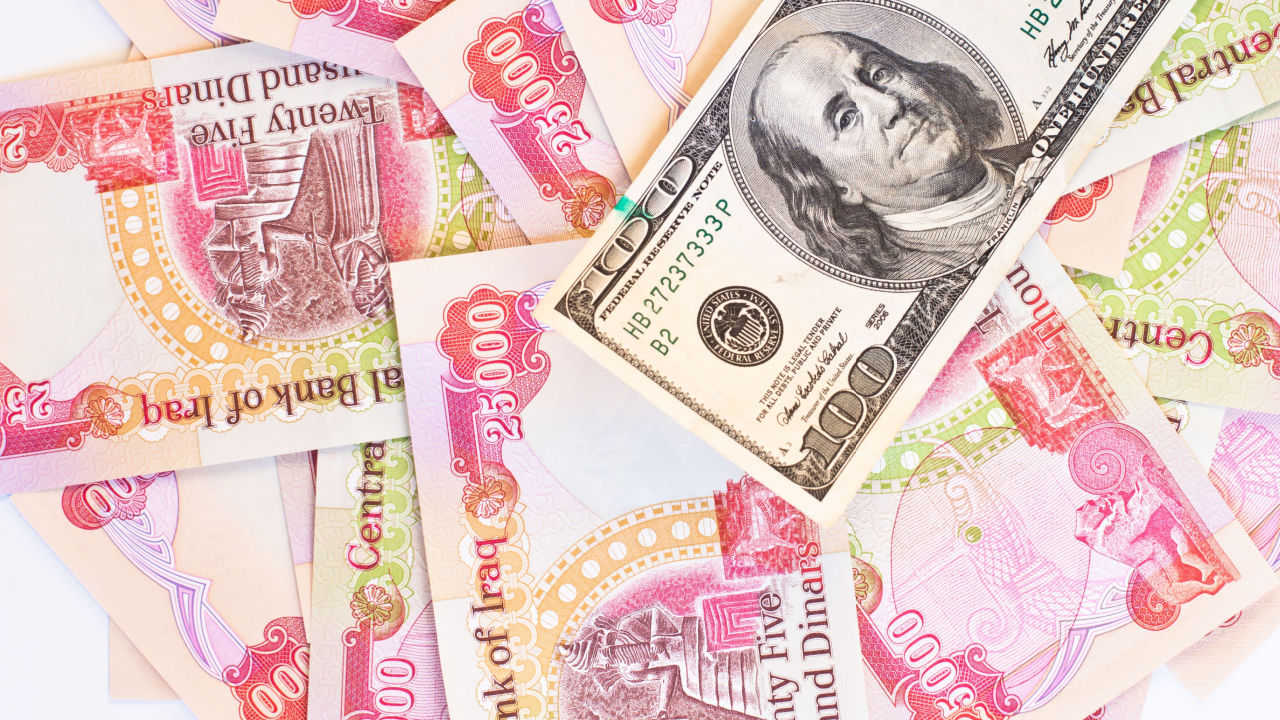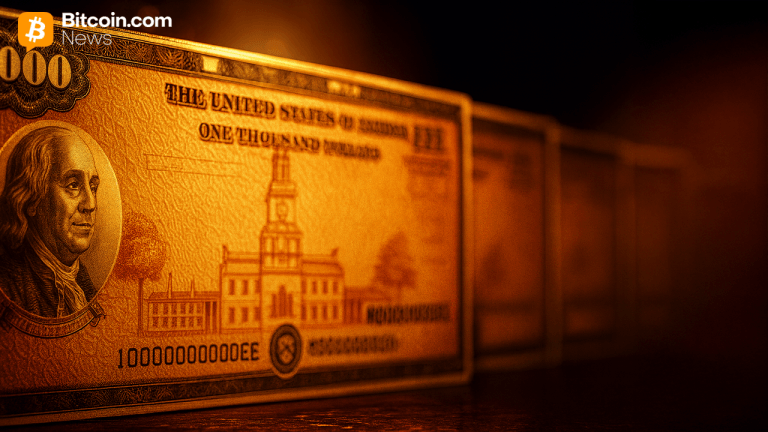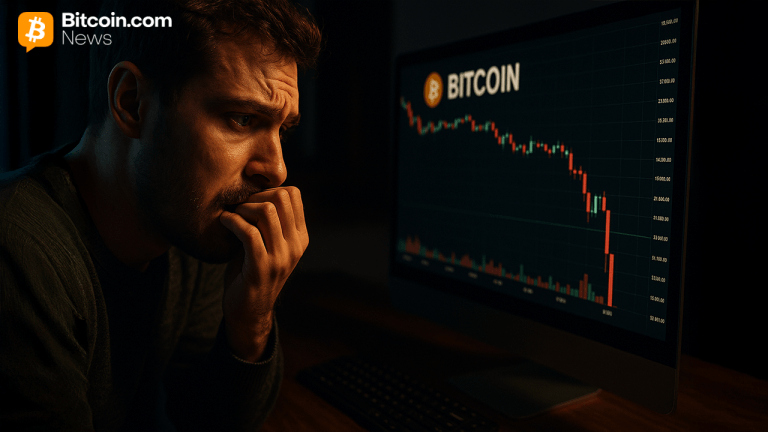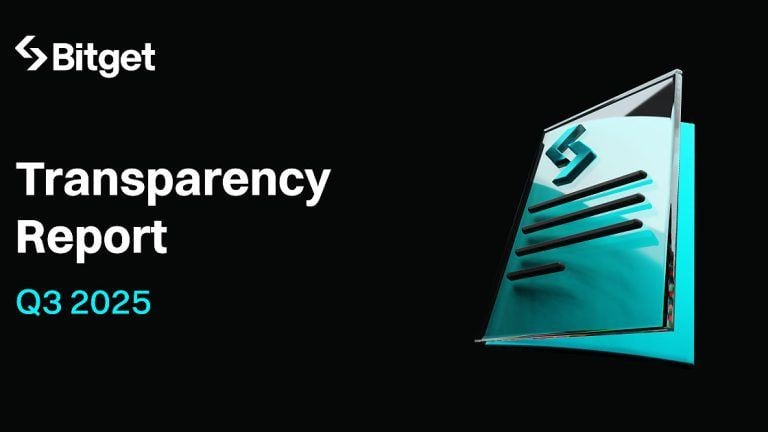Iraq Issues Ban on US Dollar Transactions to Bolster Usage of Iraqi Dinar – Economics Bitcoin News
3 min read
The government of Iraq issued a ban on using the U.S. dollar for conducting business transactions on May 14. The ban, which is already in effect, is designed to bolster the usage of the Iraqi dinar, the fiat currency of the country, and to reduce the influence of the dollar and its exploitation in black markets.
Iraq Issues Ban on U.S. Dollar-Based Transactions
The Iraqi Ministry of Interior has issued a ban on using the U.S. dollar for conducting personal and business transactions in the country. According to local reports, the ban, which was enacted on Sunday, is designed to bolster the usage of the local currency, the Iraqi dinar, and reduce the advance of dollarization in Iraq.
The measure also seeks to lower the difference between the official exchange rate offered by the government, and the exchange rate offered on the black market, which has fueled price rises.
The ministry stated:
The dinar is the national currency in Iraq. Your commitment to transact in it instead of foreign currencies boosts the country’s sovereignty and economy.
Furthermore, it remarked that dealing in currencies other than the Iraqi dinar was punishable by law and that it was committed to “hold accountable anyone who attempts to undermine the Iraqi dinar and the economy.”
Enforcement and Fines
For the enforcement of this ban, the Interior Ministry’s Anti-organised Crime Directorate has moved to request traders to sign pledges assuring they will only conduct business using the Iraqi dinar. General Hussein Al Tamimi, who directs the operations at the directorate, explained that trade violators will be fined one million Iraqi dinars (around $680).
Repeat offenders will receive harsher punishments, that also include imprisonment. Al Tamimi stated:
If the violator repeats it he will face an imprisonment penalty of up to one year plus a one-million Iraqi dinar financial fine. In case of a third violation, that penalty will be doubled and we will have the business license turned.
The measure has caused a lot of stress in the dollar exchange black markets, which have limited activities to servicing only known customers, as the ministry has deployed undercover officers to support the implementation of the U.S. dollar ban. Some arrests have already been made in big trading markets per local press reports.
However, this is affecting the activities of Iraqi citizens, who need dollars to make purchases of real estate and cars, as owners demand the payment of these items to be made in foreign currency. In official markets, U.S. dollars are scarce and citizens need to fulfill a series of requirements to receive them, due to the sanctions the U.S. government has enacted against the country.
What do you think about Iraq’s ban on the usage of the U.S. dollar? Tell us in the comments section below.
Image Credits: Shutterstock, Pixabay, Wiki Commons
Disclaimer: This article is for informational purposes only. It is not a direct offer or solicitation of an offer to buy or sell, or a recommendation or endorsement of any products, services, or companies. Bitcoin.com does not provide investment, tax, legal, or accounting advice. Neither the company nor the author is responsible, directly or indirectly, for any damage or loss caused or alleged to be caused by or in connection with the use of or reliance on any content, goods or services mentioned in this article.
Read disclaimer






